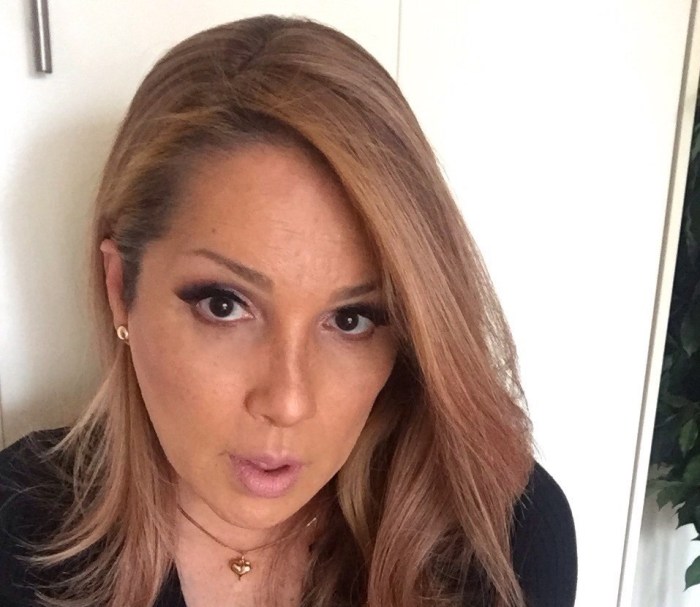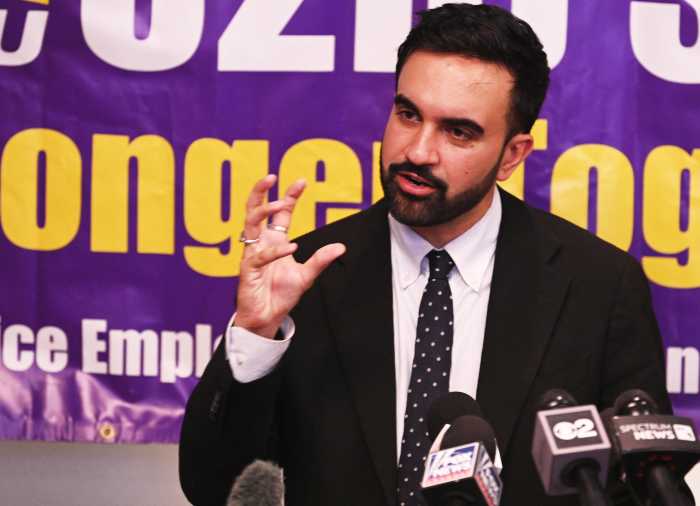By: KELLY JEAN COGSWELL | I picture it sometimes. Martin Luther going up to the door of that cathedral in Wittenberg in 1517 and nailing up his 95 theses. Within a couple of weeks, the little theological bombs had spread throughout Germany. Within a couple of months, the beginning of the Protestant Reformation had hit the rest of Europe.
For an activist like me, it's an archetypical moment – Luther struggling to get his conscience down on paper, having the courage to post it in public, then having the luck that Gutenberg's relatively new printing press had been popularized. For once, thought, expression, and technology came together in perfect sync.
I thought queers would have the same eureka experience with the Internet. Suddenly activists worldwide would have a giant door to nail their thoughts to. We'd have access to a variety of histories, ideas, activist techniques. Everybody would have a voice. We'd be visible from Argentina to Zimbabwe. Our progress would be exponential.
And it has been a useful tool, if not exactly magic. Information is offered up on a scale Gutenberg never dreamed of. Alternative magazines and publishing houses are started every day. And in practical terms for activists, listserve emails have replaced those phone trees no one wanted to do, along with costly newsletters, while the drudgery of meetings have been replaced by websites updated by the hour.
Readers are different, too. While some queers have been changed by all that information and have moved beyond self-acceptance to coming out and sometimes even activism, others just sit in a more comfortable closet. They no longer have to dare that trip to a gay bookstore or center or bar. And the sheer quantity of gay sites and the possibilities for armchair activism creates the illusion of visibility in the outside world: We've made all the progress we need. Street activists not required.
Likewise, the blog facilitates censorship, even as it fights it. For instance, it still is a tool for free speech and democracy when Generation Y blogger Yoani Sánchez is able to get a post up from her home in Havana, sneaking online to make a post or passing an entry to friends, but I'm worried about the negative effects on the rest of us.
I'm not speaking about the quality of the writing we produce. Though I could. No, the problem is that the easy publishing, and “unpublishing,” of blogs has changed the value of the process. We have the idea that language is essentially disposable, or we are. Nothing is permanent. Nothing true. Change your mind, regret that “coming out” post (or your support for Obama), just erase, erase, erase.
Last year Xeni Jardin, an editor/blogger at the popular site BoingBoing.net, decided to erase every reference there to former pal Violet Blue, a San Francisco Chronicle columnist and sex blogger. A firestorm erupted when it was discovered in June. According to a July 7 article in the New York Times, Xeni Jardin wouldn't discuss why she did it, except to allude to “private matters and public behavior.” It was a blog, she said. She didn't sign up to be a newspaper of public record.
Jardin was less cavalier about blocked information in June when the news broke that the Boing Boing site was censored in its entirety by a filter at the Denver International Airport.
In an interview with the Denver Post, she blasted filters in general, and harangued the Denver airport for using the same kind as Sudan and Kuwait, where the dictators' censorship is ferocious. She also added plenty about “what the Internet is all about,” including the free flow of culture, commerce, and ideas.
Jardin apparently wants privileges without responsibilities, free speech without obligations to her readers. She wrote the posts – she can change them, or erase them altogether gosh darnit. Or what good is it being the editor?
In the interest of full disclosure, I admit I've been tempted to remove my own stuff from the online magazine I co-edited for six years. When I went to Cuba a couple of years ago, I was afraid some of my articles about the place could get me in hot water. They weren't kind. After the trip, I still wanted to erase them, this time because they seemed embarrassingly naive.
So why did I leave them? Mostly because so many other people are already trying to filter, block, destroy, and erase us writers. Deleting even articles I don't like would mean doing their work for them, rewriting my own history, and compromising myself and my site. What is “unpublishing” but an electronic attempt to say, “I never said that”? What is it but a lie?
Queers, especially, should remember that erasing is a tool of our enemies. If we're going to indulge in it like Xeni Jardin, we can't complain when the thugs use it against us. And they do.
Visit Kelly Sans Culotte at http://kellyatlarge.blogspot.com.


































